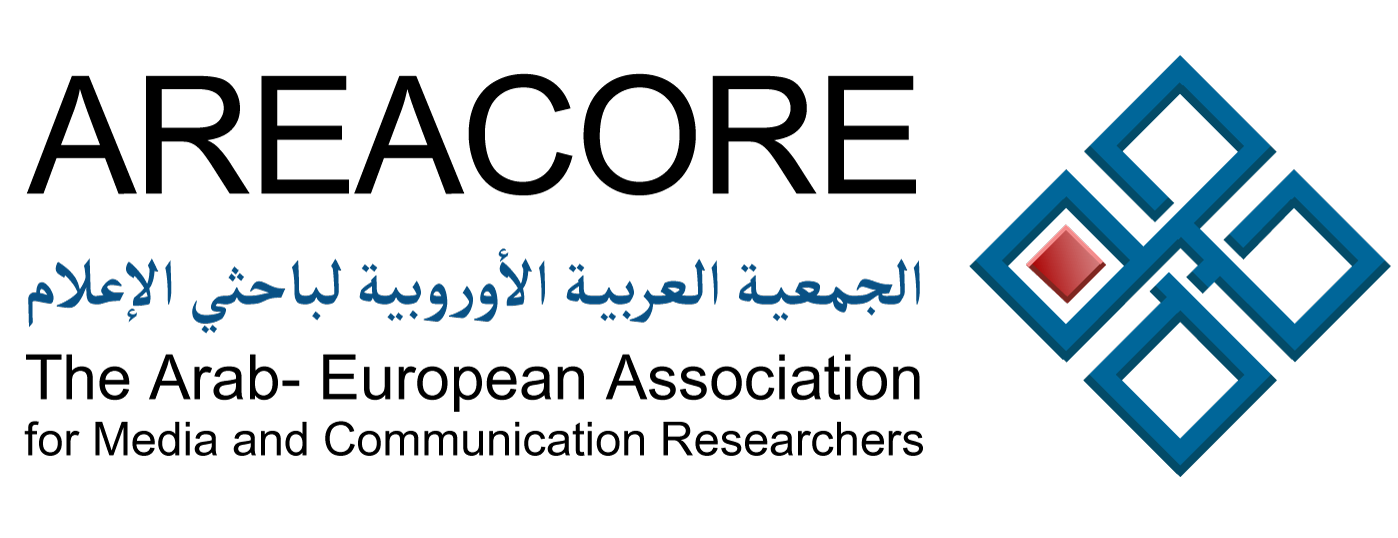by Filip Brokes and Fredrik Tombra, September 2017
The overthrow of long-time leader Muammar Gaddhafi in 2011 led to a power vacuum and instability,whereby no single authority has been able to assume full control. Arab leadership council that fought to topplethe Gaddhafi government, called the National Transitional Council (NTC) declared Libya liberated in October2011 and took over the running of the country. However, it failed to impose order over the many armed militiasthat had become active in the months leading up to the ouster of Gaddhafi. In August 2011, the NTC handedover to the General National Congress (GNC), which was an elected parliament. The congress then went onto elect an interim head of state. Voters chose a new parliament to replace the GNC in June 2014 called theCouncil of Representatives, which relocated to the Eastern city of Tubruk and thus leaving Tripoli under thecontrol and power of militia groups. The Islamic State extremists’ militia took advantage of the conflictbetween forces loyal to the outgoing GNC and the new parliament to gain control of several coastal cities,including Derna and Sidra. Late in 2015, the UN broke an agreement to form a new unity government calledthe Presidency Council, which was headed by unity Prime Minister Fayez al-Sharraj, but both Tripoli andTobruk administrations refused to acknowledge its authority. Mr. al-Sharraj and some of his deputies finallyarrived in Tripoli in March 2016 and set up their headquarters in a heavy naval base. As a result of thecontinued fighting among various fractions, more than 400.000 people have been internally displaced. Givenits proximity to Europe, Libya has also been used as a passageway for Libyan refugees and refugees fromeither North African or Sub-Saharan countries. In 2015 only, an estimated 76.000 refugees and migrants madethe journey to Europe from Libya. There is general concern about the permanent fracturing of Libya as thevarious rebels and militia groups have tried to divide the country along political and tribal lines. It is far fromcertain that the new unity government will be able to bring together the varying fractions and re-establishstability in Libya. Given the fact that the media in Libya are typically congenial to political forces aroundthem, the political fragmentation of the country has brought about a fragmentation of the media landscapewhereby it is increasingly harder to operate.
To better understand the forming of Libya’s media landscape today, we have to go back in time to 1969 whenGaddhafi seized the power. He immediately took over TV and radio, and a few years later he forced the nonstate-owned newspapers off the market, defacto creating a state-media monopoly. During his years as adictator, the media frequently shifted shape and the organisations were re-organised, mainly to keep controlover his people and keep the power within his family. In 1992, UN imposed sanctions on Libya due toinvolvement in the Lockerbie bombing in 1988. This prevented the country of taking use of moderntechnology and eventually led to a paper crisis in the early and mid-2000’s, preventing newspapers from beingpublished. Sanctions were dropped in 2003, but Libya remained an underdeveloped media nation. WhenGaddhafi was overthrown in 2011 the state media broadcaster’s leaders were changed but the large staff,counting around 5-6000 people largely remained, switching allegiance overnight. None of them werejournalists according to the Western standards: who held regime and elites responsible and carried out the«watch-dog» mission. They had been producing low-tech, sub-standard material that did not touch upon issuedthat might have caused upheaval, such as the regime, Islam, territorial and minority issued. During theuprisings in 2011, a new generation of journalists became active. Young and with little knowledge of themedia industry and armed with pens and microphones, they were advocating for the rebels trying to spur theanti-Gaddhafi movement on. So-called «citizen journalists». This led to a massive increase in new mediaoutlets, both newspapers and online. Today, as Libya finds itself in a transitional face where media is apotential facilitator for debate, it needs to professionalise the media sector in order to democratise the country.Although many are pessimistic due to the low amount of quality journalists, the inability to attract talent fromother Arab countries and the danger connected with reporting on militias and former rebels, some think thenew generation may have what is needed to lead way, modernise and professionalise the Libyan medialandscape.
